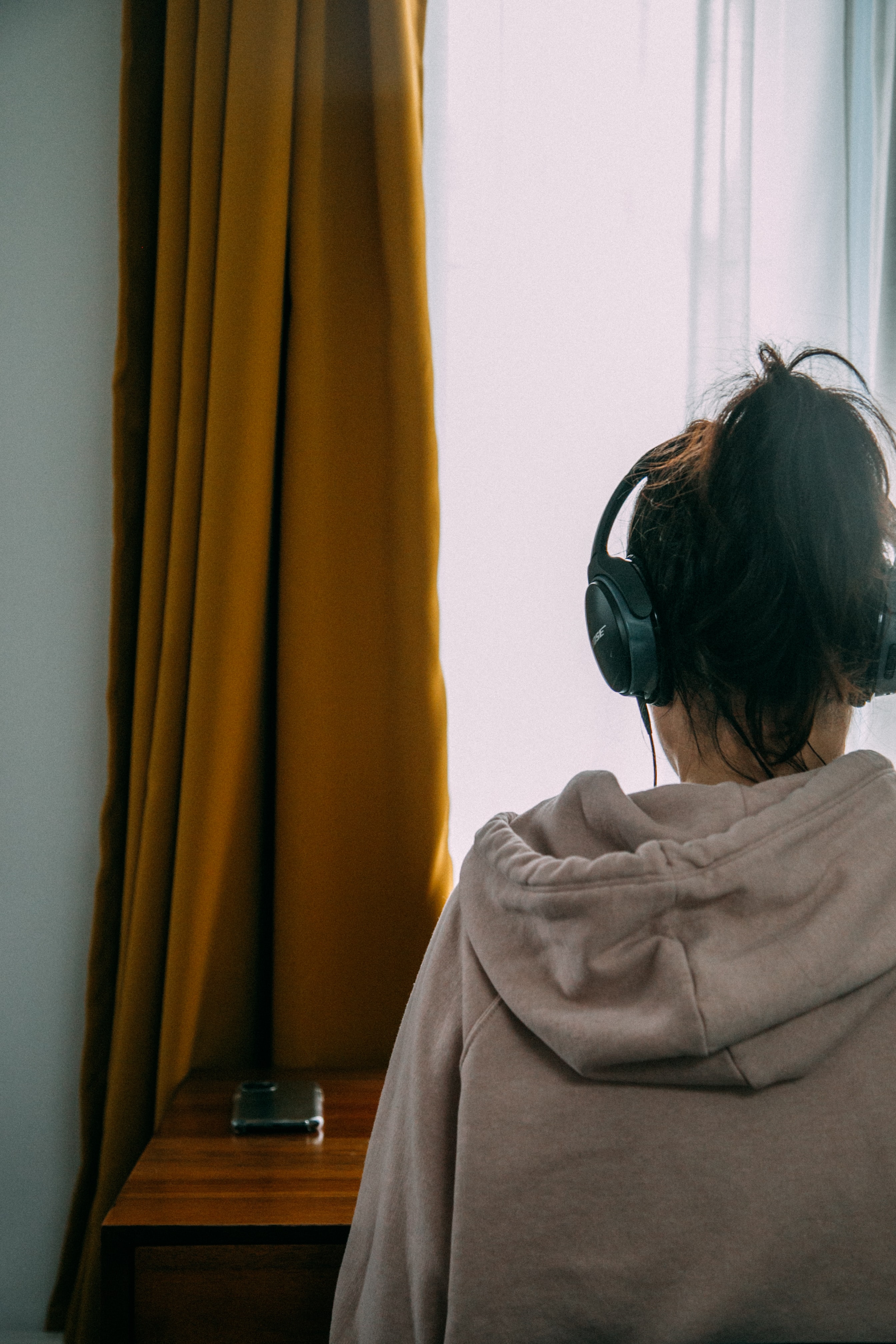With the COVID-19 pandemic looming over us, there has been a lot of time spent at home. Suddenly, you’ve probably realized, like millions of others, that you miss the practice of leaving your house to go to work. When you’re dealing with burnout symptoms from spending all day at home, here are some helpful tips to feel refreshed.
Institute Daily Practices
Many people who are now working from home are having a hard time separating work and home life. It may seem simple to finish those reports this evening, so you don’t have to worry about finishing them in the morning. However, when this happens often, it can lead to burnout. Do yourself a favor and institute daily practices that help your body signify the difference between work and home time. A good example is changing out of pajamas into work clothes at the start of your workday and switching back at the end.
De-Stress
If you’re burnt out, it means that you need to de-stress. This can be achieved in many different ways, and what works for one person may not be as successful with another. For one person, turning to spiritual or religious meditation, study, or practice may help them relax. This could involve scriptural study or seeking out spiritual advice from experts. For another person, turning to exercise may be more successful. Find the practices that help to calm down your mind and do them often.
Create Boundaries
When working from home, you should institute boundaries that define your workspace. This could be an actual desk in a spare room, or it could simply be a particular chair at your kitchen table. Either way, make that space a zone where you’re at only when you’re working. After your workday is over, don’t go back into the boundaries of your work zone. Shut the door to your office space. Choose to eat dinner at a different chair.
Block Work Communications After Hours
With the ability to connect with people around the clock, it’s easier than ever before to receive communications from coworkers after your workday is over. With the rising rate of people working from home due to the pandemic, the normal workday of nine to five has been skewed. Just because coworkers may consider it acceptable to work after hours doesn’t mean you have to as well. Instead, block work communications like email and phone calls when you’re off the clock.
Dealing with burnout is something that many Americans are facing now more than ever before. It’s very important for your physical and mental health that you employ the practices above. They’ll assist you in setting up barriers between what is your work time and your off time.


